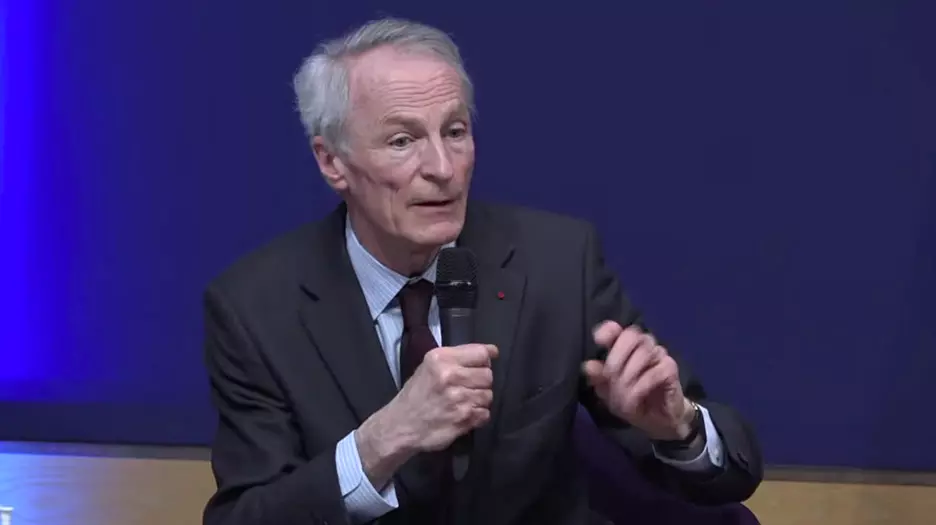How can inclusion and CSR be developed within organisations? To discuss this, the tenth Inclusion and CSR Dialogues were held on 27 May in Paris, at the Ministry of the Economy, Finance, and Recovery, under the patronage of Emmanuel Macron - President of the French Republic - on the theme: ‘Building a more open, inclusive, and responsible economy together’. Veolia CEO Antoine Frérot spoke at a round table discussion on ‘Corporate purpose, mission-oriented business: review of the Pacte law, two years later’.

While the Covid-19 pandemic has upset all economic stakeholders, what observations can be made about the adoption of the PACTE (Action Plan for Business Growth and Transformation) law’s concept of corporate purpose? Can it be a factor of competitiveness in times of crisis?
The multifaceted performance of a business becomes a strength because it is supported by everyone.
For Antoine Frérot, a business is prosperous because it is useful to all its audiences and not the other way around. A business must be useful to all its stakeholders: customers, employees, shareholders, suppliers, regions, and, more broadly, future generations and the planet, with the same level of requirement for all, and when a business demonstrates this, its social and environmental performance can become a strategic goal. Therefore the multifaceted performance of a business becomes a strength because this business is supported by all those who find an interest in it.

You need evidence to demonstrate that a business serves many audiences.
The multifaceted performance of a business must be measured with projected objectives and indicators assessed each year. These performance criteria, their choice, and the objectives must be able to be easily linked to the corporate purpose which thus becomes a tool to guide the strategy.
‘While the European Union examines the taxonomy of non-financial performance, we now need to prove that, through its corporate purpose, the business does not just serve a few. We must move on to the second step: demonstrating that a business serves many audiences. Veolia has 18 indicators in five performance areas: finance, business, society, the environment, and societal issues. The variable remuneration of the Group's senior executives is calculated on the basis of these 18 criteria’, explained Antoine Frérot.
When concluding these round table discussions, Jean-Dominique Senard, Chairman of the Board of Directors of Renault Group and co-author of the Notat-Sénard report which inspired the Pacte law, warned that, regarding the ongoing discussions on non-financial taxonomy, there was a European issue on social criteria which will be neither Anglo-Saxon nor Asian. He also affirmed that the financial institutions need to be given more leeway because they are not investing enough in European equities due to current prudential rules encouraging them to invest in State debts and not in the real economy.

Find out more:
PACTE law: two years ago, the PACTE (Action Plan for Business Growth and Transformation) was promulgated in France with the objective of redefining the place of businesses in society by encouraging them to give more importance to social, societal, and environmental issues in their strategy.
> Acting and committing to ecological transformation
> Inclusion and CSR Dialogues, tenth Anniversary - to follow on Twitter
> Antoine Frérot spoke during the session: Corporate purpose, mission-oriented business: review of the Pacte law, two years later
> Replay sur Youtube : Antoine Frérot de 2:05:33 à 2:10:10. Puis de 2:10:42 à 2:13:04 (in French)

